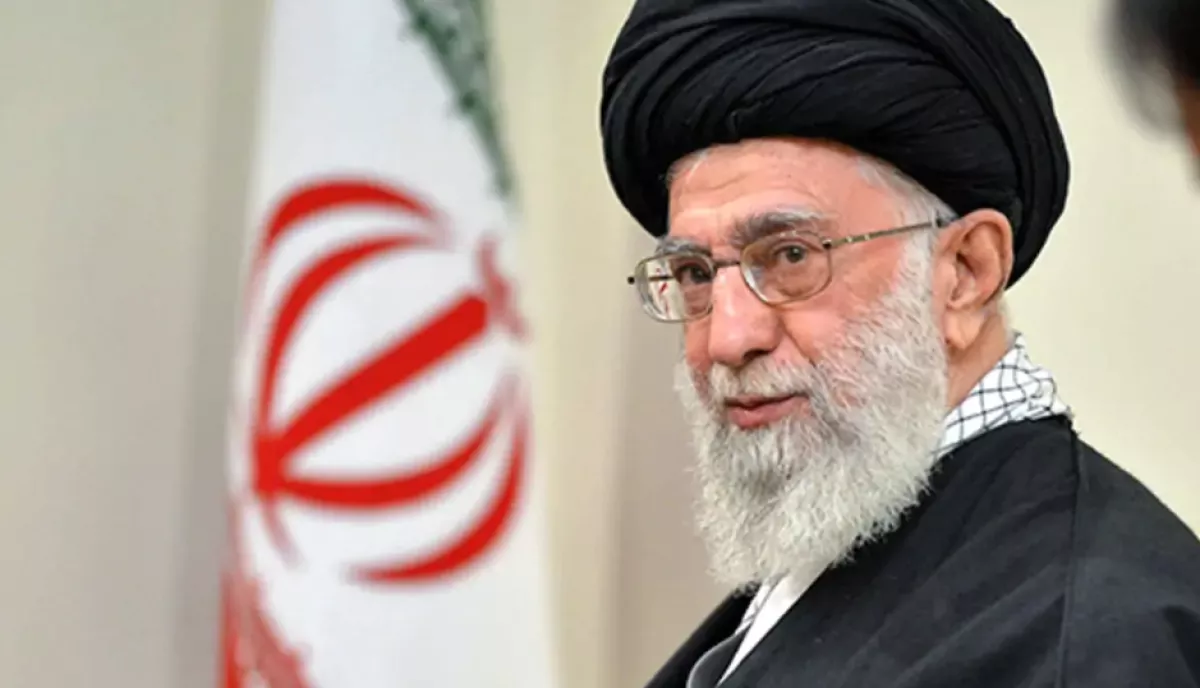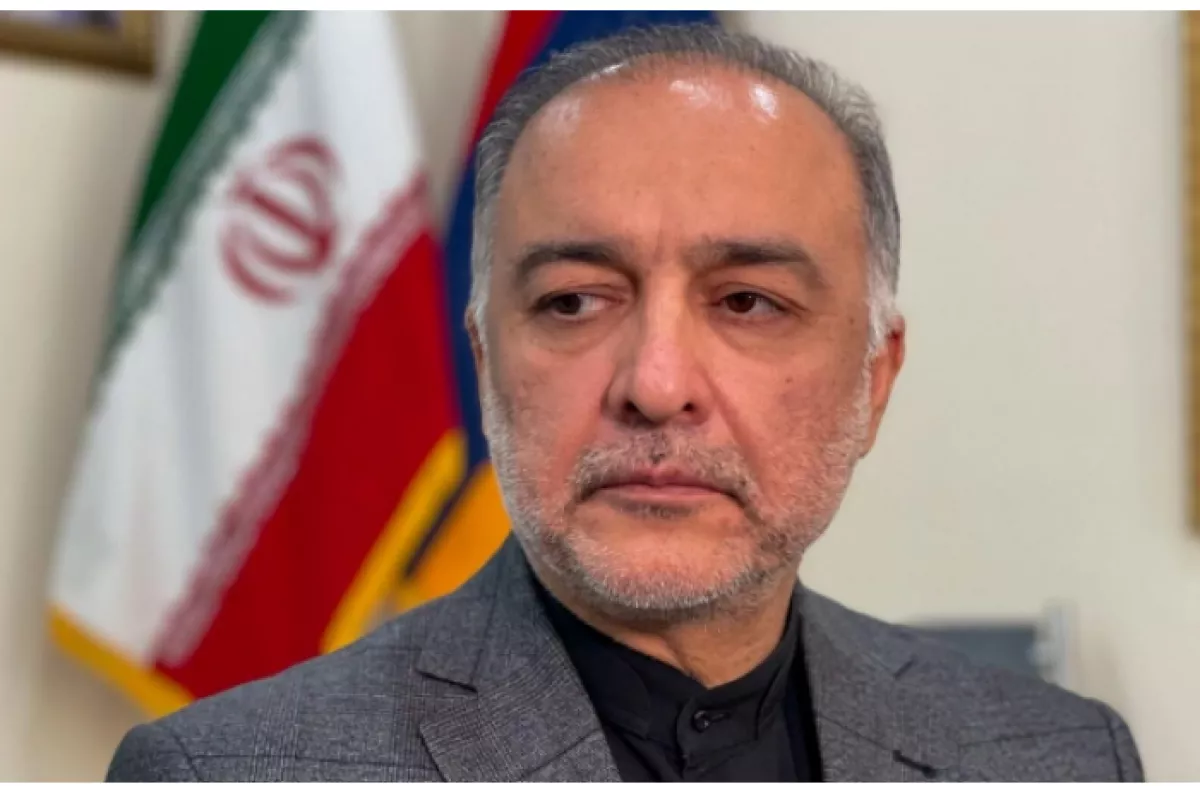Khamenei and his war on Azerbaijan The root of a hatred
Azerbaijan’s main adversary in Iran is not some individual official or yet another token diplomat parroting hostility. It is none other than the Supreme Leader, Ali Khamenei — a man who, for many years, has been consistently shaping a hostile and subversive policy towards Baku. He is the one behind every anti-Azerbaijani provocation, every disinformation campaign, every initiative aimed against the country. These are not isolated incidents, nor are they the whims of low-level diplomats. This is an ideology — and its source lies in one specific office. The man who occupies that office is Ali Khamenei.
It is hard to find another figure in Iran whose personal animosity toward Azerbaijan is so persistently and deliberately translated into state policy. Moreover, according to certain reports — which are often suppressed in Iran — Ali Khamenei’s father was Persian, while his mother was of Armenian descent.

And this, perhaps, explains the peculiar attachment with which Iran, under Khamenei’s leadership, has consistently built a special relationship with Armenia. Even when Armenia occupied Azerbaijan’s internationally recognised territories, when hundreds of thousands of civilians were forcibly displaced, and when Azerbaijani towns and villages were reduced to ruins — it was Iran, on Khamenei’s initiative, that maintained stable ties with Armenia, ensured logistical and trade support, and throughout all those years, Khamenei himself never once issued a clear or unequivocal expression of sympathy or solidarity with the Azerbaijani people.
Azerbaijan has instead been subjected to a barrage of harsh, false, and demeaning rhetoric. The country has been labelled an enemy of Islam, a “Zionist tool,” and a threat to regional stability. This represents a politics of hatred disguised as theology. Ayatollah Khamenei has authorised a propaganda campaign targeting Azerbaijan: under the guise of “analysis” and “religious teachings,” dozens of Iranian outlets publish daily content aimed at demonising Azerbaijan, eroding trust in its leadership, and misrepresenting its initiatives. These efforts are coordinated and driven by centres operating under the control of Iran’s Supreme Leader, all serving the broader objective of vilifying Azerbaijan and isolating it from the wider Muslim world.
A striking example comes not only from Telegram channels, religious centres, or ideological intermediaries. The recent speech by Iran’s ambassador to Armenia, Mehdi Sobhani, is yet another confirmation of how deeply and brazenly hostile rhetoric has been embedded into Tehran’s official policy. Sobhani has long ceased to act as a diplomat and has become a mouthpiece for commissioned lies. This is not the first time he has made statements that directly contradict facts and common sense. Yet recently, he outdid himself by claiming that “Tehran possesses information that during the conflict between Israel and Iran, a small number of Israeli drones entered Iranian territory from neighbouring countries, particularly from Azerbaijan.”
This is not just a lie; it is a blatant provocation aimed at dragging Azerbaijan into a foreign conflict, discrediting it in the eyes of its partners, and sowing distrust. Naturally, Sobhani provided no evidence whatsoever—because there is none. This statement is part of a top-down directive whose goal is to vilify Baku. And anyone who thinks the ambassador speaks on his own behalf is gravely mistaken. Sobhani is merely a mouthpiece. Behind this statement, as with many others, stands one person — Ali Khamenei.

The green light for all the hostile voices targeting Azerbaijan comes directly from Khamenei. These actors spread fake news, fabricate the illusion of "internal Shiite discontent," exploit religion without genuine connection, and base their rhetoric on slogans crafted in the Supreme Leader’s office. They are not independent entities but puppets controlled by a single hand — the hand of a leader deeply fearful of a modern, successful, and independent Azerbaijan.
Khamenei fears the very existence of Azerbaijan as a secular, Turkic, sovereign state, where religion is a personal choice, not a tool of dictatorship. His ideological model, founded on submission, repression, and fear, collapses at the mere sight of Baku. And this fills him with rage.
This is precisely why attacks on Azerbaijan will persist, often disguised as religious concern, foreign policy issues, or a “pursuit of stability.” However, these claims are false. The true source of this hostility resides in the office of one individual: Ali Khamenei. Recognising this openly—at diplomatic, public, and informational levels—is essential for Azerbaijan and the entire region to break free from the pressure exerted by Tehran’s agenda.
While Iran remains a neighbour, the driving force behind anti-Azerbaijani policy is not the Iranian people or the state as a whole, but a single individual. Naming this fact openly is a matter of honesty and principle.








